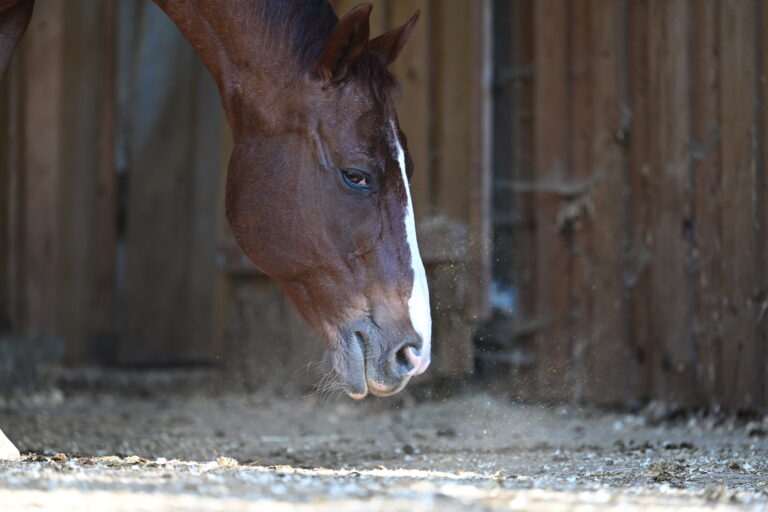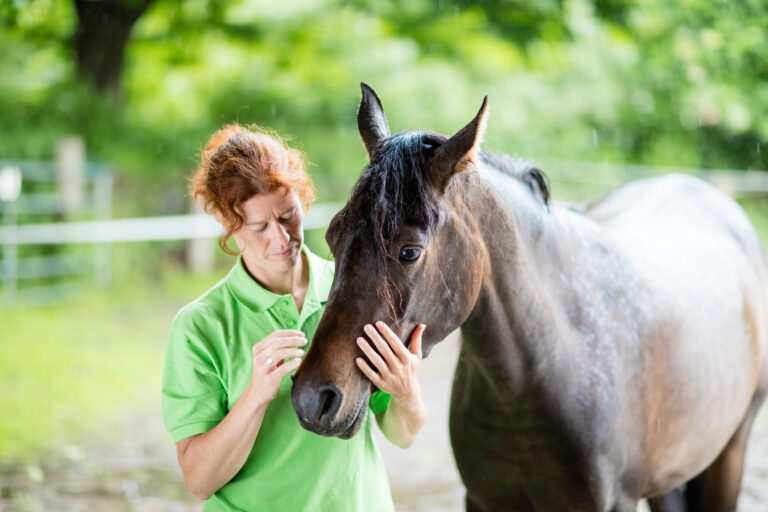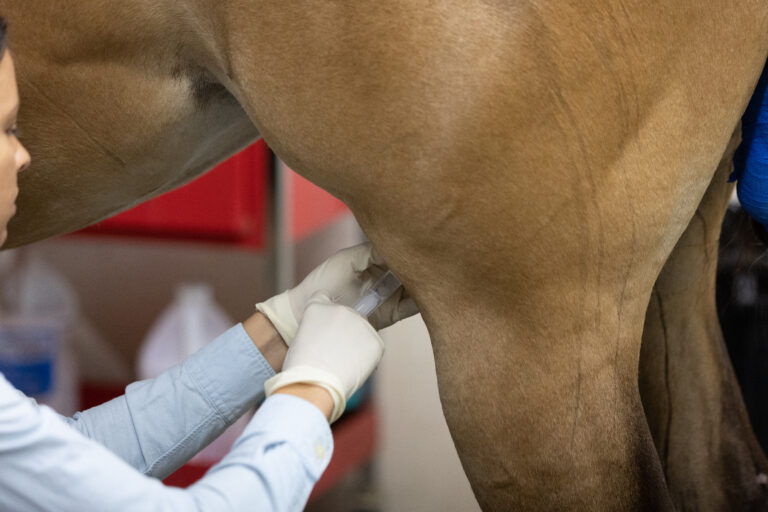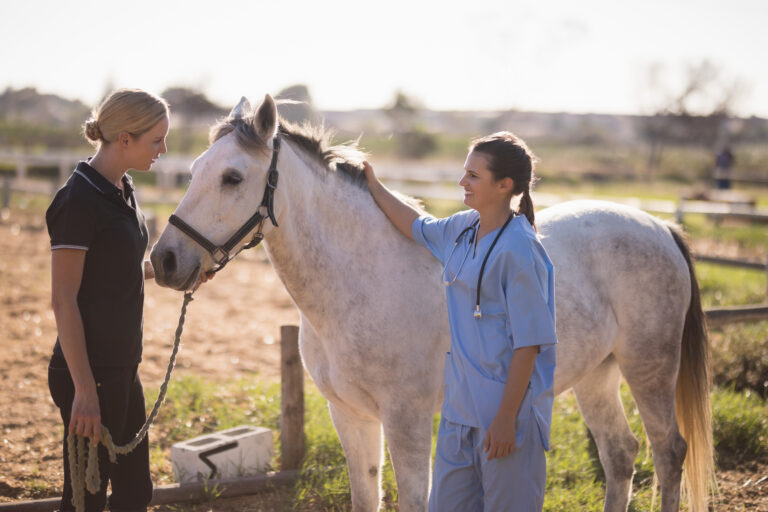
Postoperative reflux (POR) is rare following large colon volvulus (LCV) but does occur despite the absence of a small intestinal lesion. The prevalence, risk factors, and association with survival of POR after LCV are currently unknown. This retrospective cross-sectional study aimed to determine the prevalence of POR in horses with an LCV and its association with survival. A further objective was to assess factors that might predict POR.
Researchers obtained clinical data of client-owned horses that underwent colic surgery at a single U.K. referral hospital between 2008 and 2021 where LCV was the primary finding from hospital records. Statistical analyses included chi-squared, t-tests, and odds ratios (ORs). The analysis excluded horses with concurrent lesions and those that did not survive past anesthetic recovery. POR was defined as ≥ 2 liters of gastric reflux on at least one occasion.
The study included a total of 128 horses, 23 of which had POR (18%). Overall survival to hospital discharge was 86%, 95% in the non-POR, and 44% in the POR group. Horses with POR were significantly less likely to survive to discharge than those without (OR = 26, 95% confidence interval [CI] [7.68–88.0], p < 0.001), and they were less likely to be alive three years after surgery (OR = 13.4, 95% CI [2.78–64.8], p < 0.001).
Bottom Line
POR in LCV cases is a negative prognostic indicator for short- and long-term survival.
https://beva.onlinelibrary.wiley.com/doi/10.1111/evj.14095
Related Reading
- Serum Alymoid A as Survival Predictor for Colitis in Horses?
- Equine Colic Surgery Referral
- Use of NSAIDs Following Equine Colic Surgery
Stay in the know! Sign up for EquiManagement’s FREE weekly newsletters to get the latest equine research, disease alerts, and vet practice updates delivered straight to your inbox.




